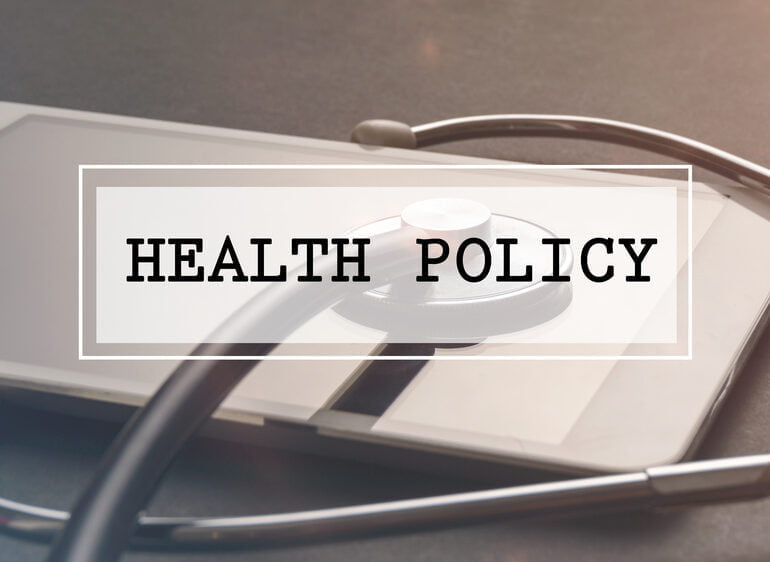Population Health News Roundup: February 2023
JoAnne DyerIAPHS Members in the News
Rita Hamad in JAMA Network Open: “Our findings confirm common wisdom that official COVID-19 case counts increasingly underestimate the number of people who test positive and vastly underestimate the number of true infections.” (November 25, 2022)
Magdalena Cerda is a panelist in The Next Wave of America’s Overdose Crisis webinar from the Center for Health Journalism at USC Annenberg. (January 31, 2023)
Mark Hayward in Brain, Behavior, & Immunity – Health: “Because poor immune functioning and increased inflammation are associated with cognitive impairment, improving immune functioning and reducing inflammation may provide a mechanism for reducing ADRD risk in the population.” (December 22, 2022)
Dustin Duncan and Stephanie Cook in Social Science & Medicine: “Experiencing place-based negative racial sentiment may have implications for mental well-being among YSMM [young sexual minority men] regardless of race/ethnicity, which should be explored in future research including with larger samples sizes.” (January 31, 2023)
Danielle M. Crookes in AJPH: “When immigrant health is examined through a structural racism framework, it becomes evident that policies, practices, and attitudes related to immigration are manifestations of structural racism. Addressing the mechanisms of structural racism in immigrant health can contribute to strategies to dismantle the many other systems of structural racism.” (January 25, 2023)
Health Equity and Disparities
Cardiovascular-related deaths increased during the pandemic: The effect was more pronounced in Asian, Black, and Hispanic communities. (American Heart Association, January 25, 2023)
Adversity, stress, and disparities in kids’ brains: Differences in childhood adversity could contribute to race-related differences in “key brain regions associated with threat-related processes.” (The American Journal of Psychiatry, February 1, 2023)
Aging is more expensive for people of color: The disease burden for older Black and Hispanic people is about $4,500 (25%) higher than for White people. (The Seattle PI, February 13, 2023)
The criminal justice system and reproductive health disparities: Proactive policing is linked to increases in preterm birth for Black people, but in White people, the preterm rates decrease. (AJPH, January 25, 2023)
Environmental Health & Justice
Stockton, California, a highly diverse city, faces an increasing flood risk: Stockton’s vulnerable populations have been “overlooked” by lawmakers and have been marginalized by historical redlining and discrimination. (Grist, January 19, 2023)
A new movement aims to “green” Black churches: Since Black Americans experience disproportionate harm from environmental pollution, the Green the Church organization hopes to help Black churches find environmental justice and fight climate change. (Everyday Health, February 3, 2023)
More arsenic and uranium found in BIPOC communities’ water: In Black, Indigenous, and Latino communities, water quality disparities still exist. (Inside Climate News, December 27, 2022)
Built Environments & Spaces
Street view images reveal neighborhood inequalities in the built environment: “Predominantly White neighborhoods had fewer dilapidated buildings and more green space indicators, usually associated with good health and fewer crosswalks….” This study also revealed some mediators between racial and ethnic composition and health outcomes. (JAMA Network Open, January 18, 2023)
Loneliness and the built environment: Loneliness can harm our mental health. Part of the solution lies in how we build our neighborhoods, but structural and individual elements both play a role. (The Conversation, January 24, 2023)
Policy & Programs
Hepatitis C goes untreated in many prisons: Despite medical treatment for Hep C, some prisoners aren’t tested or treated, and many die as a result. (StatNews, December 15, 2022)
Medicaid expansion linked to fewer postpartum hospitalizations: States that expanded Medicaid under the ACA saw a “17 percent reduction in hospitalizations during the first sixty days postpartum.” (Health Affairs, January 2023)
In Montana, where should people with dementia be cared for?: A proposal in the Montana state legislature would stop involuntarily committing people with dementia or traumatic brain injuries, sending the responsibility to local communities. (Kaiser Health News, January 13, 2023)











All comments will be reviewed and posted if substantive and of general interest to IAPHS readers.